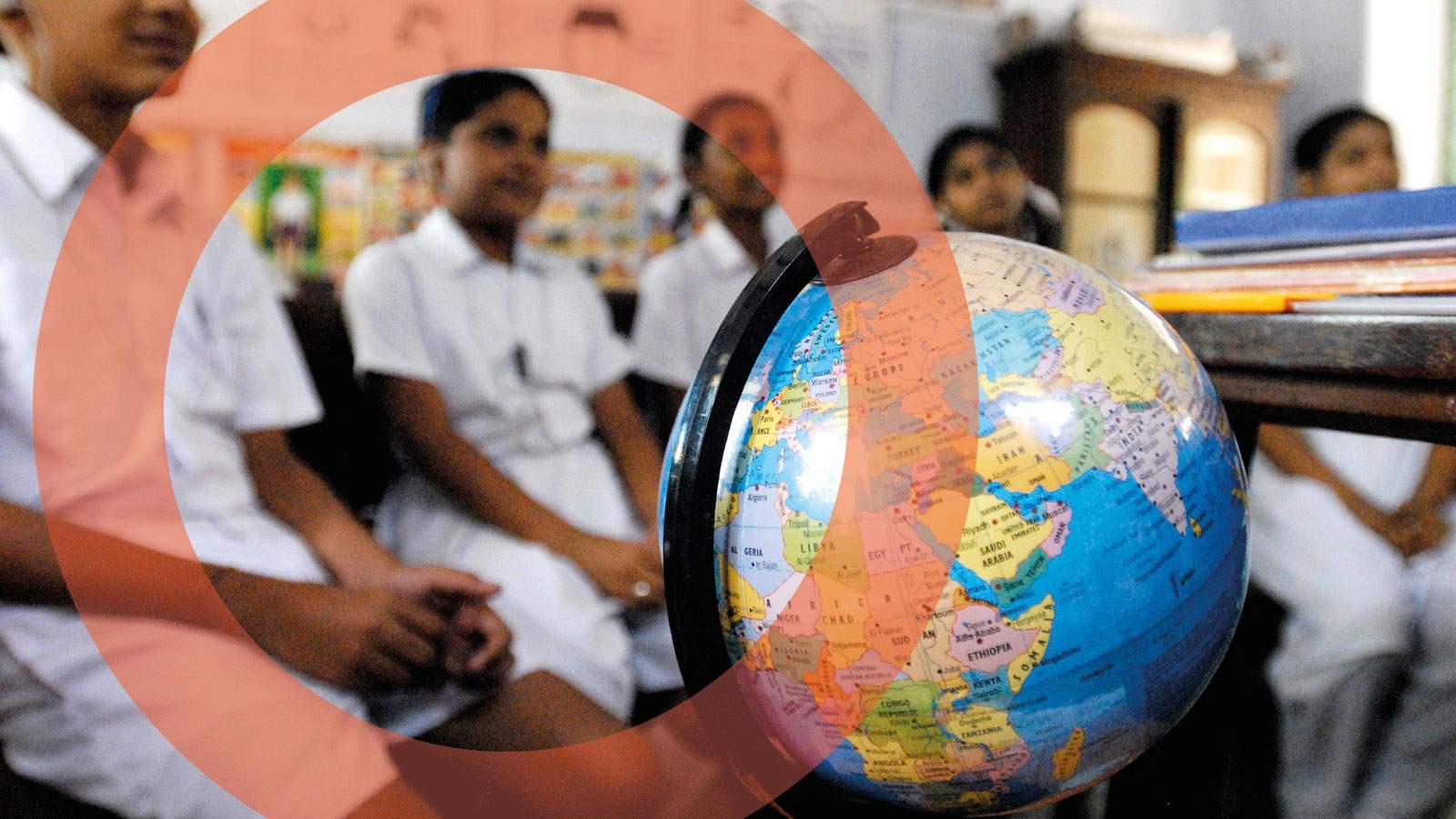
GLOBAL POLICY ENGAGEMENT
We work to promote thought-leadership and practical policy solutions grounded in evidence; to shift the agenda towards disaster risk finance as default.
We engage and influence through strategic partnerships, targeting the bottlenecks key to effect transformative change of the international crisis financing architecture, to achieve better quality, more equitable disaster risk financing at scale.
We invest in inclusive policy dialogue that bridges both ‘local to global’ and the humanitarian-development-climate nexus.
With our independent position, established credibility, trusted reputation, and commitment to impartiality, we fearlessly explore tough questions and tackle the challenges of the system.
We strive to reimagine the story of the costs of disaster, creating a new narrative shaped by the dreams and dignity of those most vulnerable to the impact of the world’s disaster planning and preparedness.
We focus on ‘big wins’ with transformative potential either on a global or regional system-level scale. These include, among others:
-

How disaster risk finance can play a role as a response to climate-induced losses and damages.
-

How multilateral development banks and the international crisis financing architecture can reform to be more shock responsive and meet pressing global challenges.
-

How pre-positioned finance can improve early-stage response to deadly outbreaks as part of improved prevention, preparedness and response to future epidemic and pandemics.
-

How anticipatory pre-arranged finance can be brought to scale beyond pilots, particularly in fragile and conflict affected states.
-

How the Global Shield against Climate Risks can deliver on behalf of climate-vulnerable people and countries to close the crisis protection gap.
-

How innovations in sovereign debt such as debt pause clauses can help lower income and climate-vulnerable countries manage disaster risks amidst shrinking fiscal space.
CRISIS LOOKOUT COALITION
The Centre convened the Crisis Lookout Coalition calling for a smarter system approaches to ensure that funding for disasters better protects more people caught up in crisis, especially the poorest and most vulnerable. The Coalition came together in 2021 and 2022 to convene policy dialogues in partnership across sectors and geographies to successfully advocate for key political and funding commitments at the 2021 and 2022 G7, and at COP26.
Although the Crisis Lookout Coalition sunset in 2022, the Centre will continue its legacy to call for more and better pre-arranged finance, informed by a better understanding of risk information and the protection gap and that prioritises the most vulnerable to threats. The Centres evidence and policy engagement work will seek to shift policy and practice within the international crisis financing system, to achieve better quality, more equitable disaster risk finance at scale. We will continue to work in close collaboration with local-to-global partners from across public, private and civil society sectors to strengthen opportunities for influence to make pre-arranged finance the default by 2030.












